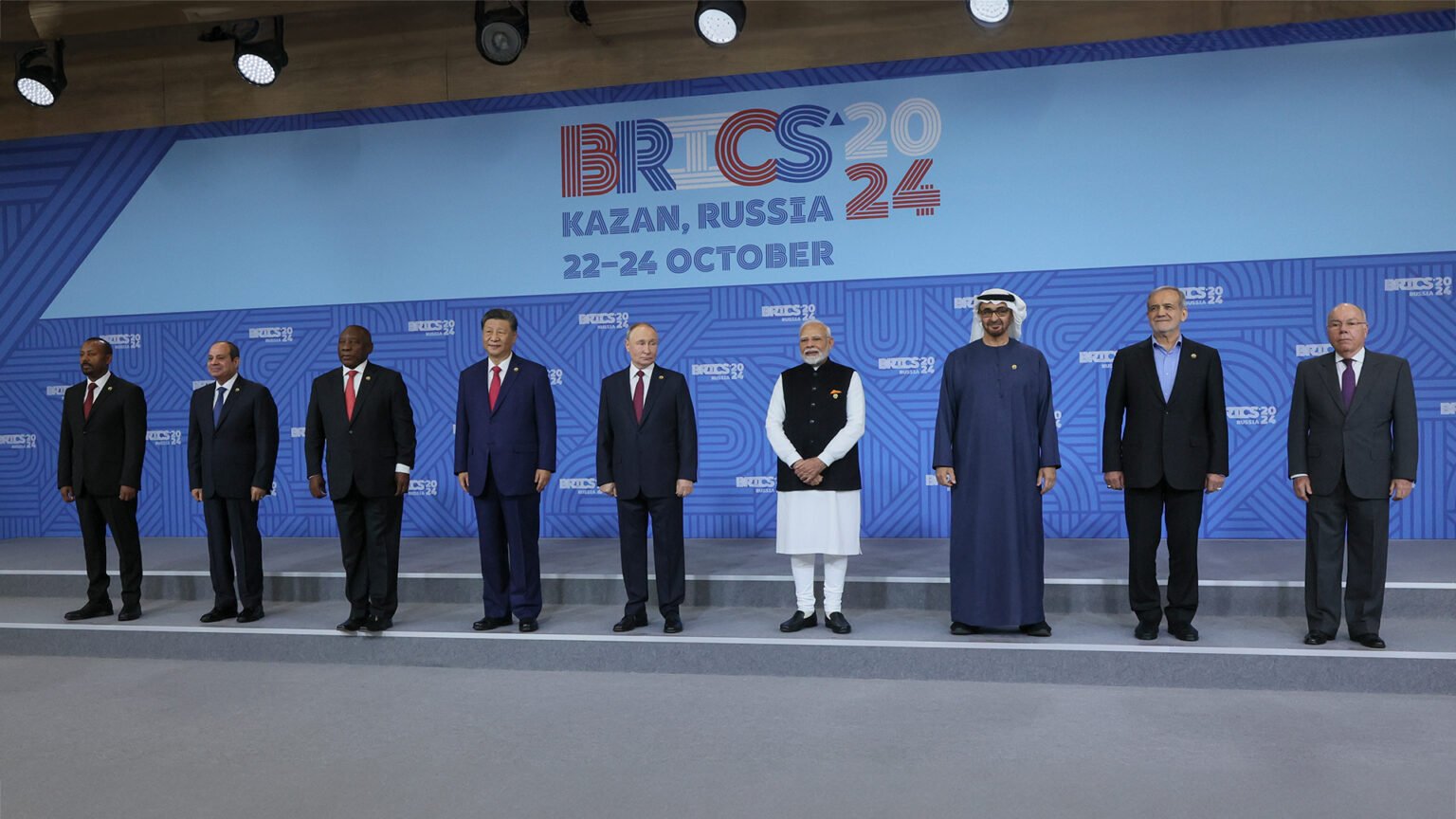The BRICS group, consisting of Brazil, Russia, India, China, and South Africa, held its first summit since expanding in 2023. The main focus of the summit was to discuss proposals aimed at reducing reliance on the US dollar and the SWIFT system, with the goal of promoting economic autonomy and independence among member countries. With its expansion, BRICS now represents about half of the world’s population and over a quarter of global GDP, signaling a significant increase in its economic and political influence on the global stage.
Despite its growth and potential, BRICS has faced criticism for having deep differences among its member countries and struggling to clearly define its purpose and objectives. The alliance has been seeking ways to reduce global reliance on the US dollar, reflecting a desire among member countries to assert their independence from Western-dominated financial systems. Launching a rival to the SWIFT international payment system was a key agenda item at the summit in Russia, highlighting the group’s commitment to promoting alternative financial and economic structures.
One of the key questions that has emerged in the wake of the summit is whether China can stabilize its property market. China, as one of the largest members of the BRICS group, plays a crucial role in shaping the economic landscape of the alliance. The stability of its property market, which has seen rapid growth in recent years, has become a point of concern for policymakers and investors alike. How China addresses the challenges in its property market will have important implications for the overall economic health of the BRICS group.
In addition to economic concerns, the BRICS summit also addressed the rising influence of tech giants in the nuclear industry. With advancements in technology and innovation, tech companies are increasingly investing in nuclear energy and exploring new opportunities in the sector. This development has the potential to reshape the energy landscape within the BRICS group and beyond, as tech giants bring their expertise and resources to the nuclear industry, creating new possibilities for collaboration and growth among member countries.
As BRICS continues to expand and assert its influence in the global economy, the group faces both opportunities and challenges in defining its role on the world stage. With a growing focus on reducing reliance on traditional financial systems and exploring new avenues for economic cooperation, BRICS is positioning itself as a key player in shaping the future of international trade and finance. By addressing internal differences and working towards common goals, the alliance has the potential to drive economic growth and development for its member countries and contribute to a more balanced and inclusive global economy.

